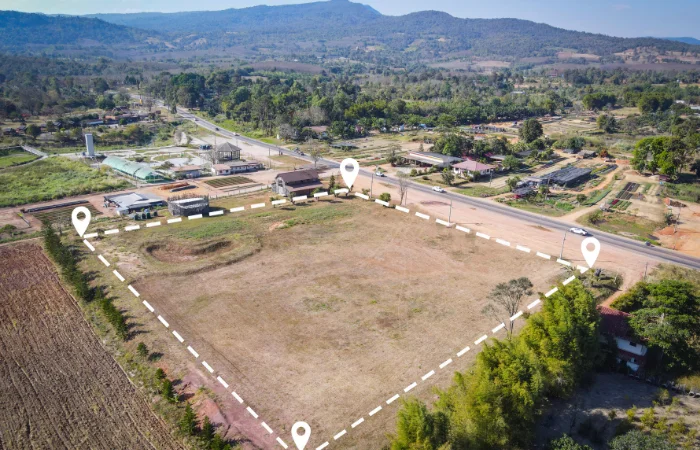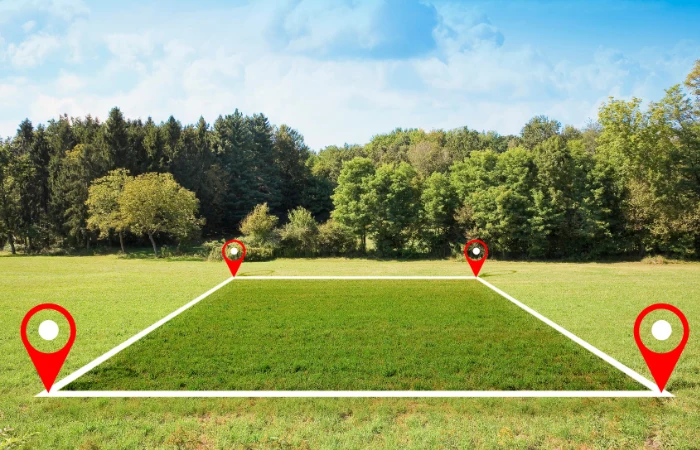
Littleton, Colorado, with its vibrant downtown, bustling shopping centers, and thriving business parks, presents a promising landscape for commercial ventures. Its strategic location near Denver, combined with a skilled workforce and diverse economy, makes it an appealing destination for businesses of all sizes. However, choosing the right location for your commercial land in Littleton requires careful consideration and research.
This guide will walk you through the key steps in identifying the perfect spot for your business, ensuring it thrives in this dynamic city. From analyzing market demand and zoning regulations to assessing accessibility and financial considerations, we’ll cover all the essential factors that will help you make an informed decision and maximize your investment.
Overview of Littleton’s Commercial Landscape
Littleton’s commercial landscape boasts a vibrant mix of retail shops, dining establishments, and service providers. The historic downtown area features unique boutiques and restaurants, while modern shopping centers offer a variety of national brands.
The city’s thriving business parks support a range of industries, from technology to manufacturing. Littleton’s strategic location near Denver ensures excellent connectivity and access to a skilled workforce, making it an attractive destination for businesses and entrepreneurs alike.
Steps to Identify the Best Location for Commercial Land in Littleton
There are several key steps to identifying the best location for commercial land in Littleton. Each step is crucial for ensuring the chosen site meets the needs of your business and maximizes your investment.
1. Assess Market Demand
Begin by analyzing the market demand in Littleton. Identify the types of businesses thriving in the area and the demographics they serve. Consider factors such as population growth, income levels, and consumer behavior. Understanding the demand will help you choose a location with potential customers, ensuring your business can attract and retain clientele. Market research reports, local business directories, and economic development agencies can supply valuable insights into the current market conditions.
2. Evaluate Zoning Regulations
Check the zoning regulations in different areas of Littleton to ensure your business activities are permitted. Zoning laws dictate how land can be used, affecting what type of commercial establishment can be set up. Visit the city’s planning department or their website to review zoning maps and ordinances. Understanding zoning regulations will help you avoid legal issues and ensure your business complies with local laws. This step is essential for long-term operational success and preventing future conflicts with local authorities.
3. Analyze Accessibility and Traffic Patterns
Consider the accessibility of the location for both customers and employees. Evaluate traffic patterns, public transportation options, and parking availability. An area with high visibility and easy access can attract more customers and facilitate smooth business operations. Traffic studies and local transportation planning offices can provide data on traffic flow and congestion. Ensuring your site is easily accessible will enhance customer experience and employee convenience.
4. Examine Infrastructure and Utilities
Investigate the availability and quality of infrastructure and utilities at potential sites. Ensure there are reliable water, electricity, sewage, and internet services. Adequate infrastructure is critical for seamless business operations and future growth. Contact local utility providers to verify service availability and capacity. Additionally, the condition of roads and transportation networks surrounding the site must be considered. A well-connected and well-serviced location will support your business’s operational needs and reduce the risk of disruptions.
5. Study the Competition
Analyze the presence and performance of competitors in potential areas. A location with a high concentration of competitors might indicate a strong market demand but could also mean intense competition. Balance the benefits of being close to competitors with the risks. Visiting competitor establishments and observing their customer traffic can provide insights. Additionally, consider areas with complementary businesses that can drive traffic to your location.
6. Review Future Development Plans
Check for any planned future developments in Littleton that could impact your chosen location. New residential projects, commercial developments, or infrastructure improvements can significantly affect property values and business prospects. Contact the city’s planning department or local development agencies for information on upcoming projects. Understanding future development plans will help you anticipate changes in the area and make informed decisions about your investment.
7. Assess Financial Considerations
Evaluate the financial aspects of potential sites, including purchase price, property taxes, and ongoing maintenance costs. Consider the long-term financial implications and possible return on investment. Engage with local real estate agents and financial advisors to get accurate cost estimates and market trends. Understanding the financial commitments will help you choose a location that suits your budget and offers a favorable investment outlook.
Frequently Asked Questions

How can I determine the right type of commercial property for my business in Littleton?
To determine the right type of commercial property for your business in Littleton, consider your business model, customer demographics, and industry requirements. Research the local market to understand which areas and property types are most successful for businesses similar to yours. Consulting with a local commercial real estate agent can also provide valuable insights.
What factors should I consider when budgeting for commercial land for sale in Littleton?
When budgeting for commercial land for sale in Littleton, consider the purchase price, property taxes, maintenance costs, and potential financing options. Additionally, factor in any costs associated with site development, infrastructure improvements, and compliance with zoning regulations. Working with a financial advisor can help you create a comprehensive budget.
How can I find out if a location in Littleton is zoned for my business type?
To determine if a location is zoned for your business type, visit Littleton’s city planning department or their official website. They provide zoning maps and ordinances that specify the permitted uses for different areas. This ensures your business will comply with local regulations and avoid legal issues.
How can future development plans impact my choice of commercial land in Littleton?
Future development plans can significantly impact your choice of commercial land by affecting property values and business prospects. New residential or commercial projects, as well as infrastructure improvements, can increase the attractiveness and accessibility of a location. Checking with the city’s planning department or local development agencies for information on upcoming projects is essential for making informed decisions.
Conclusion
Selecting the ideal location for your commercial land in Littleton requires careful planning and research. By assessing market demand, zoning regulations, accessibility, infrastructure, competition, future development plans, and financial considerations, you can confidently choose a site that aligns with your business goals and maximizes your investment.
Ready to find the perfect commercial land in Littleton? 3D Real Estate is here to help. Our expert team can guide you through the process, ensuring you make an informed decision and find a location that sets your business up for success. Contact us today!




